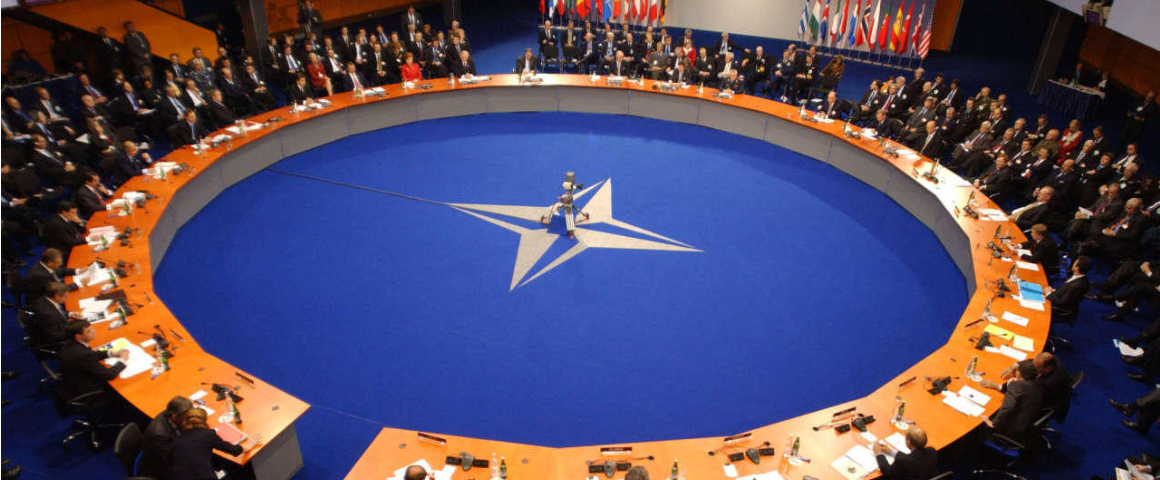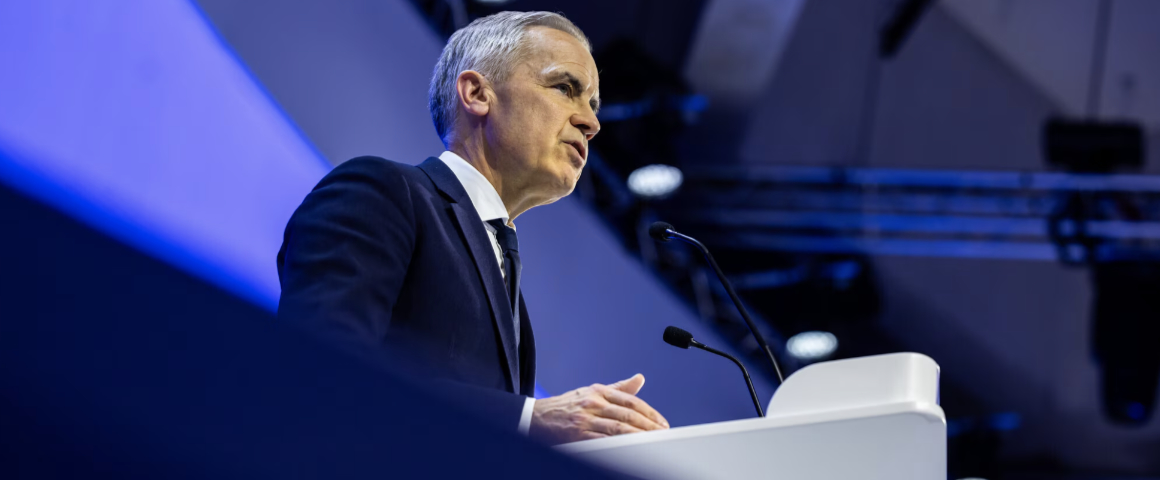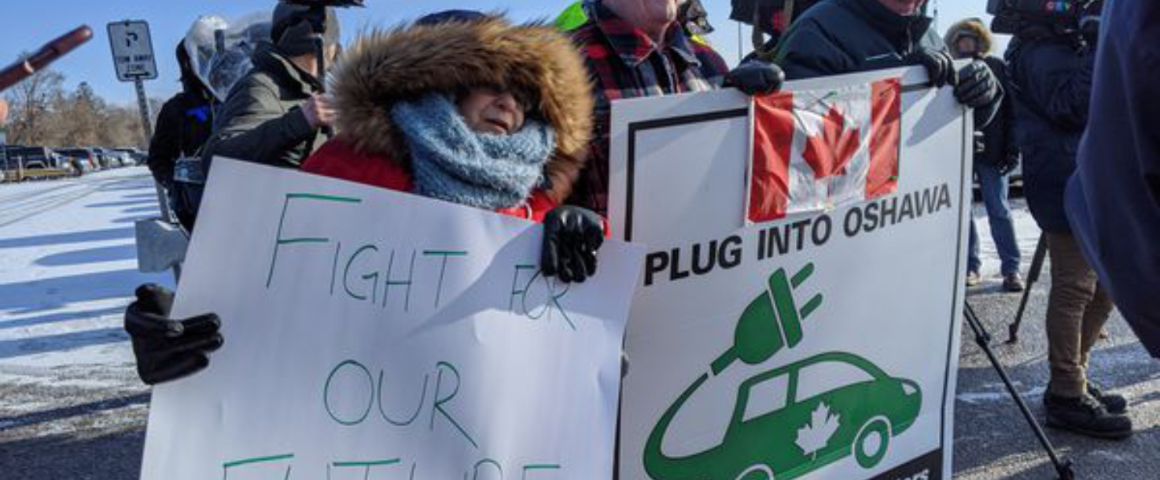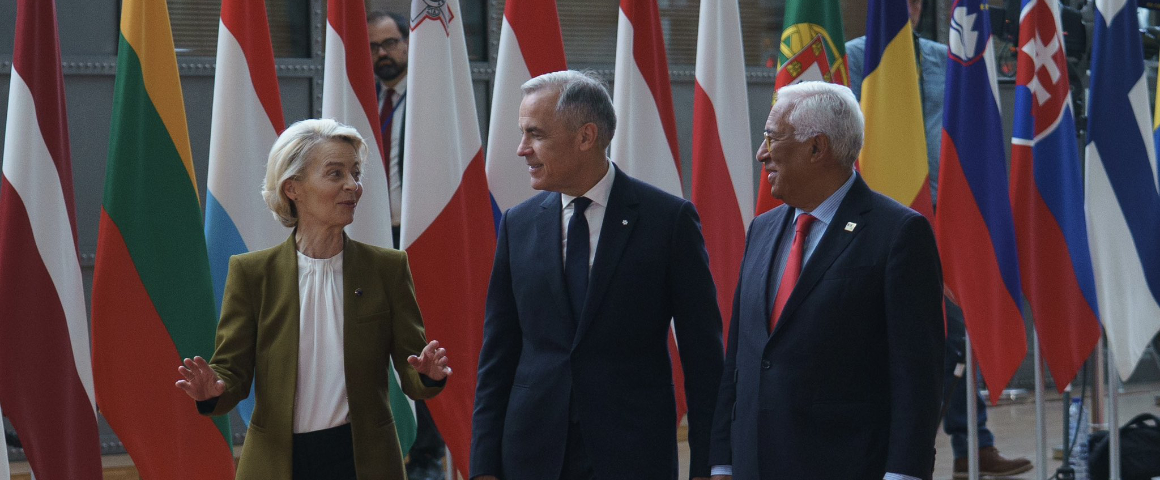Dave McKee
The panic over alleged foreign interference in Canadian politics has reached a frenzied level, with newspaper headlines now screaming of collusion and even treason.
The target of the current panic is China, but to really root out foreign interference the government might want to look to Brussels and Washington, the physical and spiritual homes of NATO.
Alongside NATO’s military command, there is the NATO Parliamentary Assembly (PA), which provides an ongoing political exchange between NATO and legislators from its member states, including Canada. The PA is explicitly oriented toward government policy, working to ensure that legislation is consistent with and facilitates NATO’s priorities.
Parliamentary Assembly meetings include a prescription for everything from foreign policy to military spending and procurement to economic policy. The PA is an enormously powerful vehicle for NATO to draft and promote policy in what we think of as sovereign states.
Here are some examples of political and economic policy that have been framed, at least in part, through the NATO Parliamentary Assembly:
National Missile Defence – In the early 2000’s, despite heavy US lobbying and lots of support in Ottawa, polls showed that 52 percent of the public remained opposed to Canada’s involvement in the US NMD plan. As a result, the Canadian government announced it would not participate. This was seen by many as a victory for democracy and peace.
However, in 2005 NATO launched its Theatre Missile Defence program, which essentially was the same program as the US had proposed, and Canada pledged its support. An article from the Department of National Defence journal actually celebrated that NATO takeover of NMD was a way to deal with the lack of public support. So much for democracy…
Nuclear weapons – While this country is a non-nuclear weapons state, it is a member of an alliance, NATO, which maintains a first strike policy for nuclear weapons. Canada is a member of NATO’s Nuclear Planning Group, which is responsible for nuclear weapons policy…including implementing first strike.
Alongside that, Ottawa has decided to purchase the F-35 fighter jet, which carries the B-61 nuclear bomb. The issue of the F-35 has been in reports from NATO-PA meetings for years, specifically expressing concern over lack of buyers.
So, through a procurement that the NATO-PA has been pushing on its member states, Canada is purchasing a nuclear weapons delivery system, which Canadian military pilots will use.
Energy resources – The US military is the single largest purchaser and consumer of oil in the world, using 360,000 barrels per day. In the early 2000s, the US Department of Defense identified energy resources for the military as a “strategic issue,” and it began to appear on reports from the NATO-PA. In 2007, there suggestions that energy resources be understood to be a component of NATO’s mutual clause, which compels all countries to respond if one member is “attacked.”
Canada, with the third largest oil reserves in the world, came under significant pressure to ensure that its oil industry remained secure and accessible to the US. And, shortly afterwards, the Stephen Harper government declared that peaceful Indigenous and environmentalist protestors who targeted the oil industry were terrorists, and dedicated increased police resources to monitoring, infiltrating and shutting down their organizations.
Justin Trudeau took it a step further by buying one pipeline and sending militarized RCMP officers into Indigenous territory to ensure that that another one would be built.
Of course, NATO isn’t the only factor in these kinds of policy decisions. But it’s a big one. And, unlike the Chinese government, NATO’s ongoing interference on a sweeping range of both domestic and international decisions is concrete and well documented.
The difference, of course, is that Washington and Brussels are “our friends.” But as the saying goes, with friends like NATO, who needs enemies…?
Support socialist media!
If you found this article useful, please consider donating to People’s Voice or purchasing a subscription so that you get every issue of Canada’s leading socialist publication delivered to your door or inbox!
For over 100 years, we have been 100% reader-supported, with no corporate or government funding.




